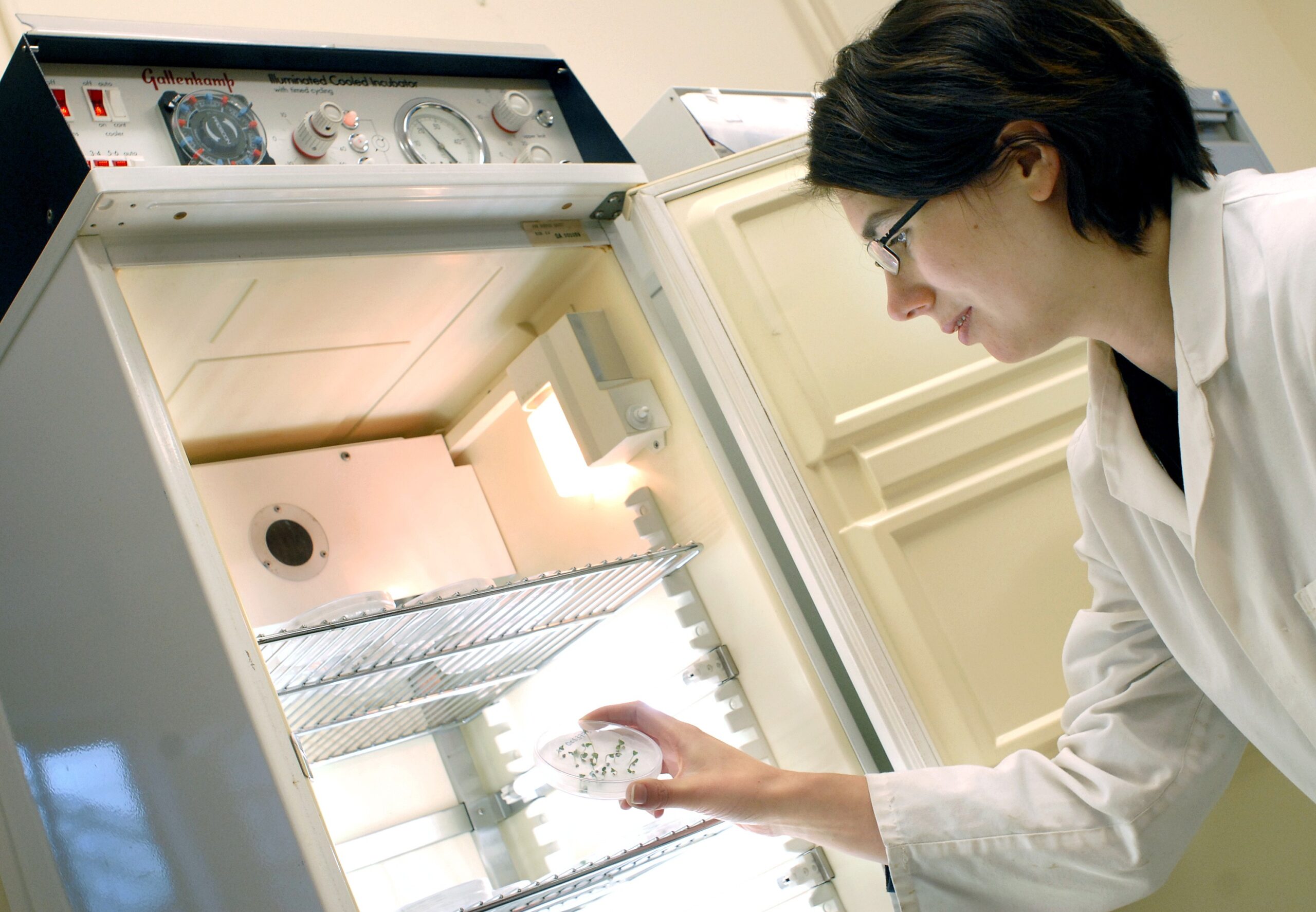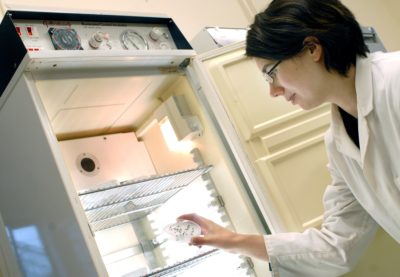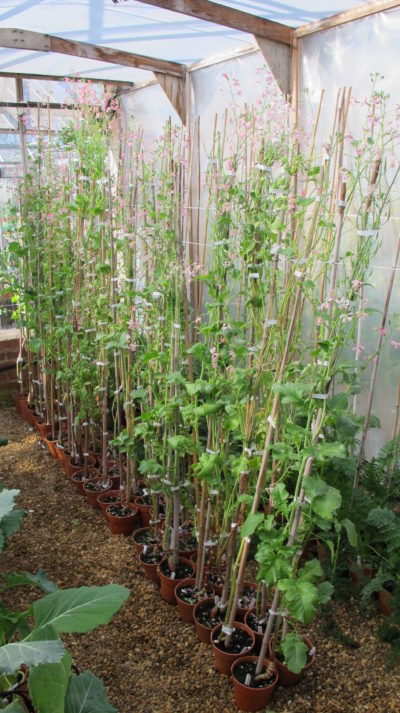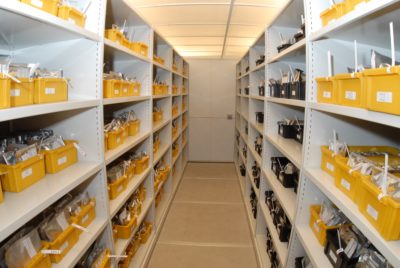

The UK Vegetable Genebank (UKVGB) manages a collection of approximately 14,000 samples of vegetable crops such as cauliflower, carrot, kale and onions. Their first seed deposit to the Svalbard Global Seed Vault contains 101 seed samples from 18 different crop species, among these onions, lettuce, carrots and different kinds of brassicas (cabbage, cauliflower etc.).
Focusing on carrots
The UKVGB plays an active role in UK and international networks and is active in research and breeding projects aimed at the development of new vegetable varieties such as the Vegetable Genetic Improvements Network. – We are currently particularly interested in better understanding the genetic diversity in our carrot collection, and are using next-generation sequencing techniques to study at this, says Sarah Trinder, post-doctoral researcher at UKVGB.

Each year seed samples from the UKVGB are distributed to users both nationally and overseas. Dr. Trinder explains that for 2017, seed was requested for 29 different species and around 1,300 packets of seed were distributed. – Brassica oleracea and Daucus carota are the most requested species, she says.
Vegetable gene bank history
Like in other countries, concerns over loss of genetic diversity in crops in the late 1970’s initiated gene bank activities at the then National Vegetable Research Station (now the Wellesbourne Campus of the University of Warwick). The gene bank opened in 1980, and the IBPGR (International Board for Plant Genetic Resources, now Bioversity International) designated the UK Vegetable Genebank as a base collection within the global network for a number of outbreeding vegetable crops including alliums, brassicas, carrot, radish and minor salads.
According to FAO standards
The seed collection at UKVGB is conserved at -18 oC, which is in accordance with FAO Gene Bank standards and the same conditions as in the Seed Vault. Seed accessions deposited in Svalbard are also duplicated at the Centre for Genetic Resources in the Netherlands.
United Kingdom has a decentralized gene bank structure, and UKVGB is the second UK gene bank to secure seeds in the Seed Vault. The first one was James Hutton Institute that deposited samples from the Commonwealth Potato Collection in 2017. Other major gene bank collections in UK are the John Innes Centre in Norwich mainly working with cereals and peas and Institute of Biological, Environmental and Rural Sciences at Aberystwyth University in Wales taking care of grasses and legume species.

